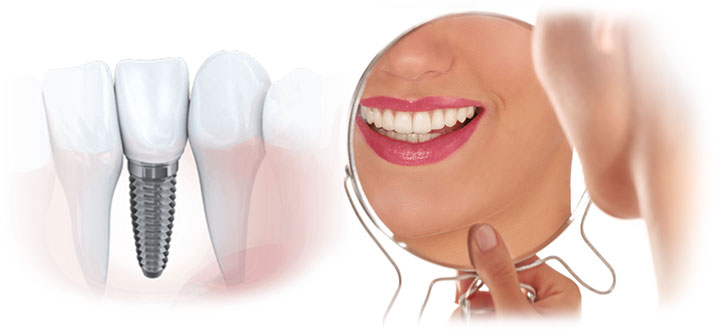What you should know about dental crowns and bridges uk
What you should know about dental crowns and bridges
Let’s start with a question: what are dental crowns and bridges?
Crowns and bridges are two common dental solutions to restore one or more missing teeth. Let’s first look at the differences between dental crowns and bridges.
- Dental crowns: dental crowns, or dental caps, made of porcelain or ceramic, are protections mounted on a tooth that has undergone root canal treatment (devitalization). Thanks to the crown, the natural tooth will be protected, since, once the dental pulp has been removed, it has become weak. Furthermore, a crown can cover only one tooth and no more teeth.
- Dental bridges: They are an inexpensive alternative to dental implants. A bridge uses healthy teeth as supports to attach itself to the dental arch and can replace multiple missing teeth.
Therefore, the substantial difference between the 2 solutions is quite evident: a crown covers the natural tooth, which has been thinned to receive the capsule. The crown makes it more resistant to the stresses and pressures of chewing. The bridge, on the other hand, can be seen as a sort of filling of the void created by the missing teeth. Furthermore, while the dental crown is fixed, the bridge is removable.
Why do you need dental crowns or bridges?
As we have just said, bridges and crowns are alternatives to dental implants, which instead represent permanent solutions to restore one or more lost teeth.
The crown is a kind of hood that covers a devitalized tooth. But you may need the dental crown for other reasons as well, not just for tooth reconstruction after root canal treatment:
- A tooth has broken and cannot be cured with a simple filling
- The tooth is fractured and more than half is missing
- The cusp is missing from the tooth
- The tooth has started to fracture and is likely to break further
After the root canal treatment, the dentist places a temporary crown, before setting up a permanent dental crown.
With crowns you obviously have a series of advantages, not only, as you have read, to protect and strengthen the devitalized tooth, but above all you have a fixed solution, since the dental capsule is cemented to the natural tooth.
You need a dental bridge if you are missing one or more consecutive teeth, but having healthy teeth on either side of the missing ones. These healthy teeth, as you read earlier, are “anchor points” for the dental bridge.
It is called a bridge because it is really a kind of bridge between 2 natural teeth, covering the missing teeth. Think of a support provided with two dental crowns, which will be mounted on the natural teeth, thinned to receive them, and in the center one or more complete teeth to replace the lost ones.
Dental procedures for receiving dental crowns and bridges
More dental visits are needed. At the first session the dentist will remove the chipped or fractured portion of the tooth, to make the rest of the tooth intact, or, in the case of root canal treatment, he will thin the devitalized tooth: in both cases he must be able to adapt the dental crown.
The same applies to the dental bridge: an identical job must be performed on the natural teeth that will act as a support, as an anchor to the bridge.
Subsequently, the dentist will take the dental impression, to be sent to the dental laboratory to create the crown or bridge. As for the dental capsule, before the actual, permanent one, a lighter temporary one is mounted, which still allows you to chew in the meantime.
Finally, when the capsule or bridge is ready, they will be placed on the natural teeth.
How to take care of dental crowns and bridges
We said that the crowns are permanently cemented on the fixed tooth, so they replace the tooth and allow you to chew as quietly as before. In this case, dental hygiene is the one followed for a natural tooth: brush, toothpaste and dental floss every day after meals. And periodic dental visits twice a year.
The dental bridge also needs daily cleaning. Always brush it as you would your natural teeth. There is also a special dental floss for dental bridges, with a kind of plastic needle that facilitates the insertion of the thread.






